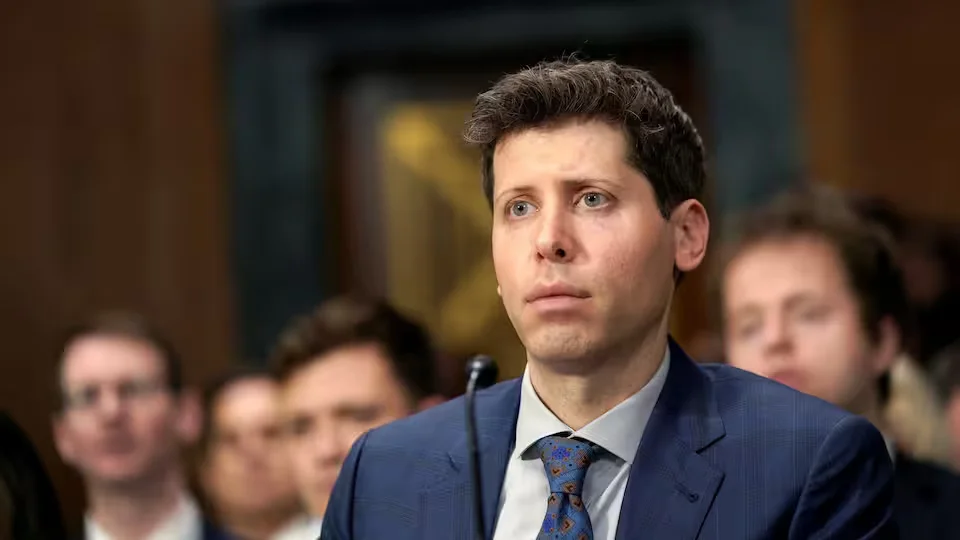During a recent Senate panel hearing, OpenAI CEO Sam Altman emphasized the need for government regulation of artificial intelligence (AI). Altman compared the current boom in AI technology to a potential “printing press moment” but highlighted the importance of implementing safeguards.
Altman expressed concerns about the risks associated with increasingly powerful AI models and stressed that regulatory intervention by governments is critical. The hearing was prompted by the viral success of OpenAI’s chatbot tool, ChatGPT, which reignited an arms race in AI and raised concerns among lawmakers regarding its risks.
During the hearing, Senator Richard Blumenthal demonstrated the potential dangers of AI technology by playing a fake recording of his own voice, created using ChatGPT. He argued that unregulated AI development should not be allowed to proceed, as it could generate misinformation or manipulate information for harmful purposes.
Altman acknowledged the transformative potential of AI tools developed by various tech companies but also highlighted criticisms raised by industry leaders. These criticisms include concerns about job displacement, the spread of misinformation, and the perpetuation of biases. Altman expressed particular concern about the use of AI to manipulate voters and disseminate disinformation, especially in the context of upcoming elections.
As a potential solution, Altman suggested the US government could establish a licensing regime for companies working on highly powerful AI systems. He proposed combining licensing and testing requirements for the development and release of AI models that surpass a certain threshold of capabilities.
Other witnesses at the hearing included Christina Montgomery, IBM’s vice president and chief privacy and trust officer, and Gary Marcus, a former professor and AI critic. Montgomery warned against rushing AI development without adequate consideration for privacy and trust concerns. Both Altman and Montgomery acknowledged that while AI might eliminate some jobs, it could also create new opportunities.
Altman’s remarks came after he met with over 60 House lawmakers, where he demonstrated the capabilities of ChatGPT. Attendees recognized the need for AI regulation during the dinner meeting. Altman has consistently shown awareness of AI risks, and he and OpenAI have pledged to approach AI development responsibly.
However, there are voices, including Elon Musk’s, urging even greater caution and advocating for a temporary halt to training the most powerful AI systems due to profound societal risks. This hearing coincided with another Senate committee’s session on the use of AI in government, highlighting the growing prominence of AI-related discussions in Congress.
Altman’s engagement with high-level officials, including Vice President Kamala Harris and President Joe Biden, underscores the focus on ethical and responsible AI development at the governmental level. Altman emphasized the need for cautious progress and increased safety measures but suggested that the open letter calling for a halt to AI training may not have been the optimal approach to address these concerns.
In conclusion, Altman’s remarks and proposals on the need for government regulation of AI are significant steps towards ensuring that transformative technology is developed and used responsibly. With the growing prominence of AI-related discussions in Congress, it is hoped that lawmakers can work towards establishing a regulatory framework that balances the potential benefits of AI with the risks it poses.




